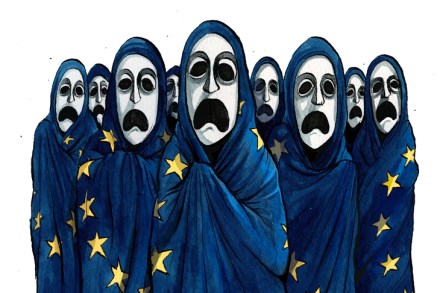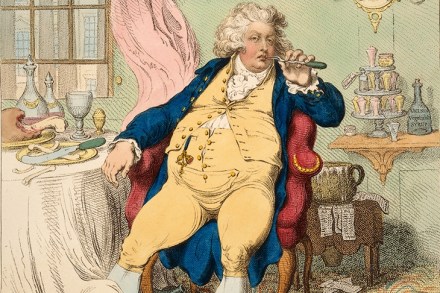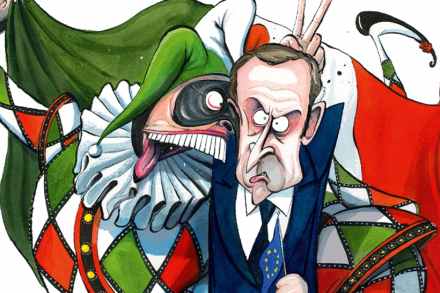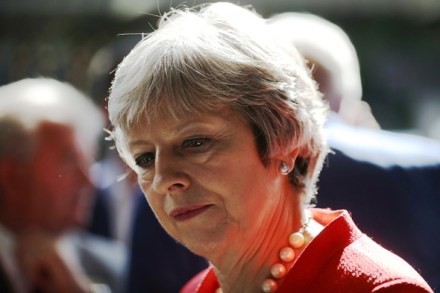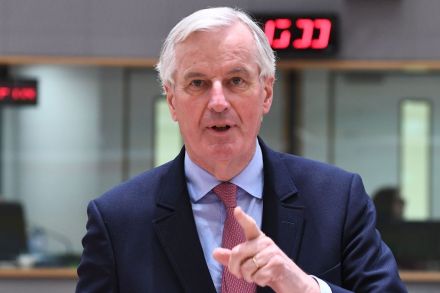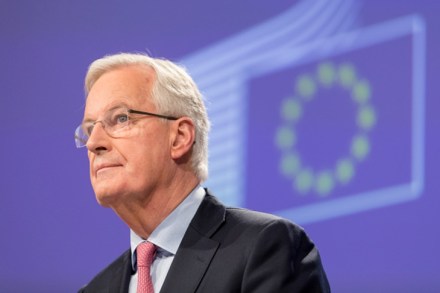Theresa May tries to calm Tory nerves over Brexit – ‘we are 95 per cent there’
Theresa May tried her best to persuade grumpy MPs that a Brexit deal was still in sight when she addressed the Commons this evening. With colleagues from across the Conservative party losing faith in No 10’s negotiating strategy, the Prime Minister insisted that ’95 per cent of the Withdrawal Agreement and its protocols are now settled’. The trouble is the remaining 5 per cent is the most difficult. As May herself admitted, the main sticking point is ‘a considerable one’: the Irish border. With the Brexit talks at an impasse over the terms of the Irish backstop – the arrangement the UK would fall back on to avoid a hard





